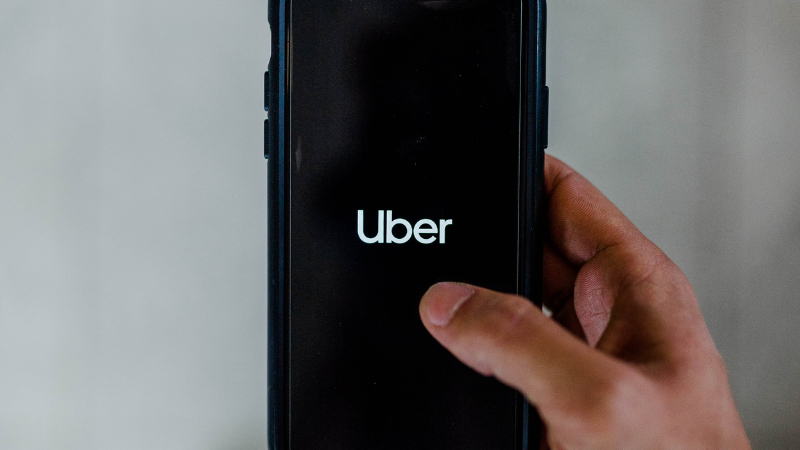While virtually every single press outlet in Malta hailed the arrival of ride-sharing app Uber on the island’s shores without question, the story behind the company foreshadows a whole slew of labour rights issues for drivers.
According to various unsigned reports published by virtually every media outlet in Malta, Uber in Malta is being rolled out in partnership with Alf Mizzi and Sons and will be led by the former CEO of Bolt. This may well be a strategic choice since the problems that have plagued Uber have already been felt in Malta through the unregulated practices of similar app-based companies like Bolt and Wolt.
Only last week, Switzerland’s highest court rejected Uber’s latest attempt at ensuring its workers are not recognised as employees, which it refers to as ‘independent contractors’.
In its verdict, the Federal Supreme Court of Switzerland confirmed what a lower court had already ruled on the relationship between Uber drivers and the company behind the ride-haling app, dismissing Uber’s appeal on the initial ruling and confirming the employment relationship.
Besides its massive lobbying efforts to torpedo proposed labour rights regulations for gig workers across the world, Uber has also been heavily criticised for breaching already-existing regulations, failing to take into account drivers’ wellbeing and general working conditions, and even levying fees in an illegal, discriminatory manner.
In December of last year, the European Commission proposed the first directive that attempted to regulate the conditions of drivers working for such companies as well as provide basic labour rights protection by enshrining their status as employees.
Malta’s own Department for Industrial and Employment Relations had also carried out an investigation which confirmed that couriers were working hours that prevented adequate rest and that they were being forced to pay for equipment and uniforms in a situation described as “irregular and unlawful”.
In spite of the glitzy facade of a company that bills itself as a market disruptor and a service that could replace public transport, the reality for Uber’s drivers is not very different from that of Bolt and Wolt drivers.
By way of example, Uber’s operations in Australia were cast in the public eye following reports that exposed how its base pay rate was so low that drivers in rural areas were not even able to turn a profit.
In addition, the company faced an AUD26 million fine (€17.4 million) in the same country for misleadingly telling users they would pay charges for cancelling their ride order in spite of the company’s own policy that allows users to do so within the first five minutes.
Worse still, while the company bills itself as a platform that allows its drivers to work whenever is most convenient for them, it actually denies the real flexibility of having the right for paid and sick leave as well as actually abiding by minimum wage laws.
Even the US Department of Justice (DOJ) was forced to take Uber to court over price-gouging practices. In November 2021, the DOJ sued the company “for charging ‘wait time’ fees to passengers who, because of disability, need more time to enter a car”.
“The department’s lawsuit alleges that, even when Uber is aware that a passenger’s need for additional time is clearly disability-based, Uber starts charging a wait time fee at the two-minute mark,” the DOJ’s press release states.
In the UK, Uber faced compensation claims and protests from drivers who were summarily dismissed from employment following the failure of the company’s own facial recognition software which forces drivers to upload an image of themselves before every shift to verify their identity.













